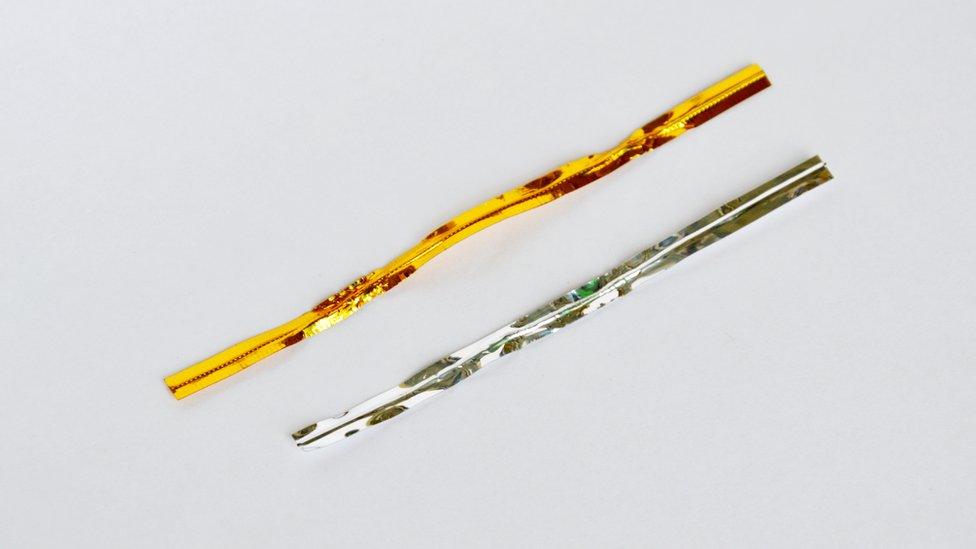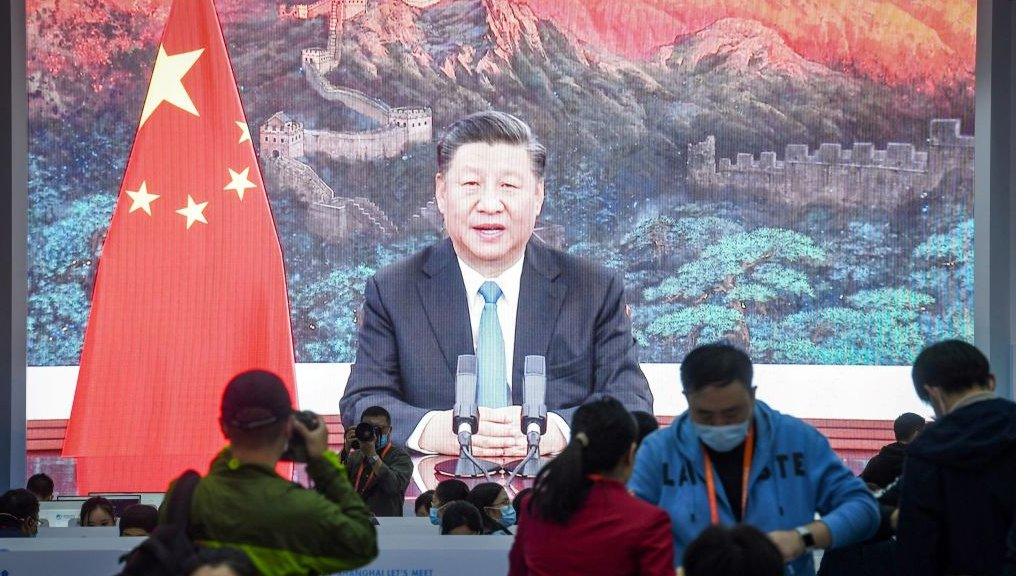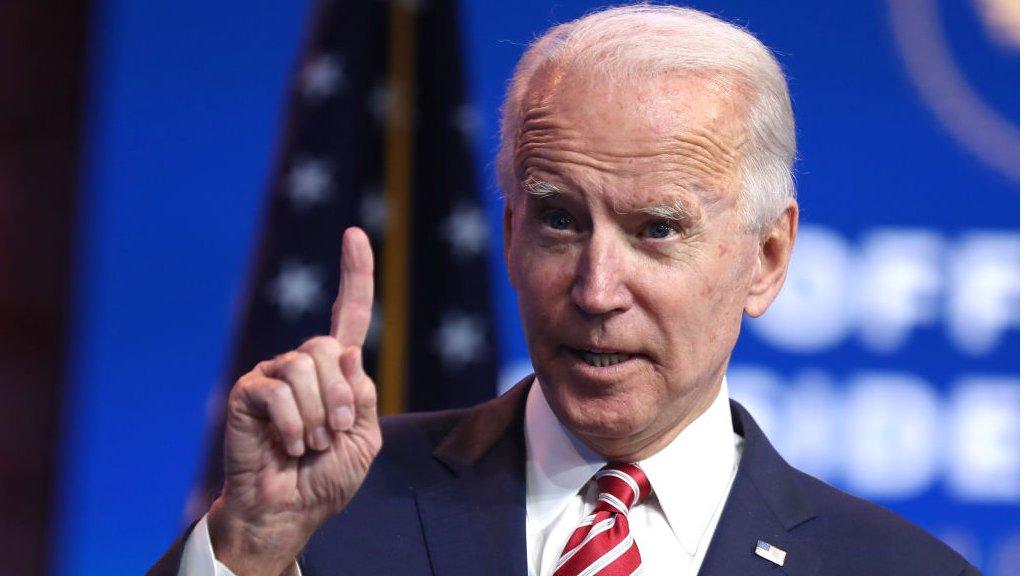US-China trade war: Trump gives one last twist
- Published

The US will slap tariffs on Chinese twist ties, which are commonly used to seal bread bags and tie up cables.
The US said that China has been unfairly subsidising twist ties to the disadvantage of American producers.
This is the first time the US Commerce Department will impose tariffs to reduce the impact of China's currency.
The department said China's undervalued currency makes Chinese twist ties cheaper to US consumers, at the expense of its own producers.
"The Department of Commerce will continue to use the legal tools at our disposal to aggressively counter currency undervaluation and other unfair subsidies, further ensuring a level playing field for American businesses and workers," Commerce Secretary Wilbur Ross said in a statement.
The company that made the original complaint - Bedford Industries from Worthington, Minnesota - primarily makes twist ties that are used to package or reseal baked goods, coffee and vegetables.
Its products are mainly found in supermarkets across the US.
In a blog post from earlier this year, Bedford argued that the growing market share of Chinese producers would have been "unobtainable through fair competition".
The decision comes as the President-elect Joe Biden prepares to take over from President Donald Trump.
Mr Trump's administration has been hostile to China on trade, ratcheting up tariffs and restricting Chinese technology companies on national security grounds.
The Department of Commerce says it has initiated 306 new investigations under Mr Trump, a 283% increase from the comparable period in the previous administration.
It's not yet clear what changes Mr Biden will bring to trade policy, although he has said he would work with other democracies to "set the rules of the road" on trade.
Twisting currency rules
The value of imported twist ties is minimal, amounting to an estimated $4.15m (£3.1m) last year and $6.8m (£5m) the previous year.
In fact, the US government doesn't even keep statistics on the import of twist ties, so the estimate was provided by Bedford itself.
However, the twist ties case could set a precedent, because it takes the unusual step of taking currency into account, something that has only been allowed under the department's rules since earlier this year.
Chip wars: The US v China
The US Department of Commerce said it will impose "countervailing" duties on Chinese twist ties, which are designed to offset subsidies that Chinese exporters and producers receive from their government.
Chinese exporters receive subsidies of 122.5% when the impact of "China's undervalued currency" is taken into account, according to the department.
Separately, the US treasury dropped its designation of China as a currency manipulator earlier this year.
The yuan is currently at its highest value against the US dollar since 2018.
The duties will go into effect in April, after the US International Trade Commission makes a final decision on the issue.
- Published19 November 2020

- Published17 November 2020
